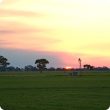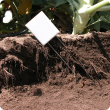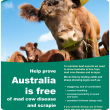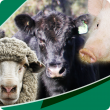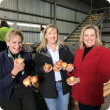Filter by regions:
- (-) Remove Gascoyne filter Gascoyne
- (-) Remove Great Southern filter Great Southern
- (-) Remove Kimberley filter Kimberley
- (-) Remove Perth regions filter Perth regions
- Mid West (142) Apply Mid West filter
- Peel (141) Apply Peel filter
- South West (141) Apply South West filter
- Pilbara (134) Apply Pilbara filter
- Wheatbelt (134) Apply Wheatbelt filter
- Goldfields-Esperance (132) Apply Goldfields-Esperance filter




